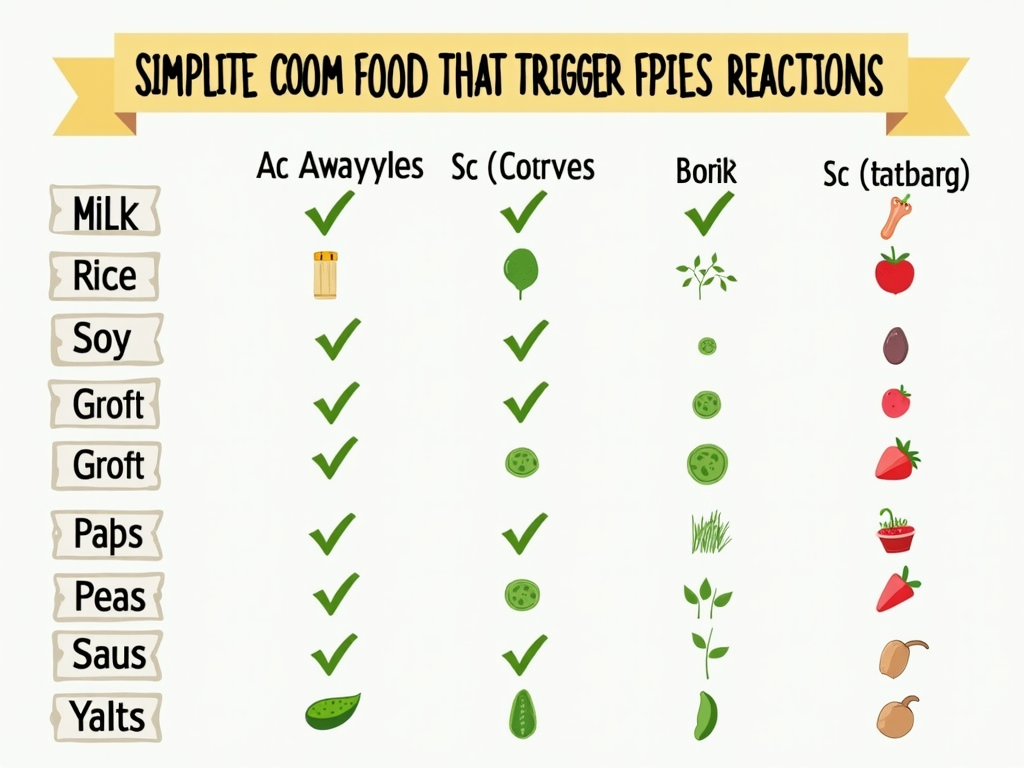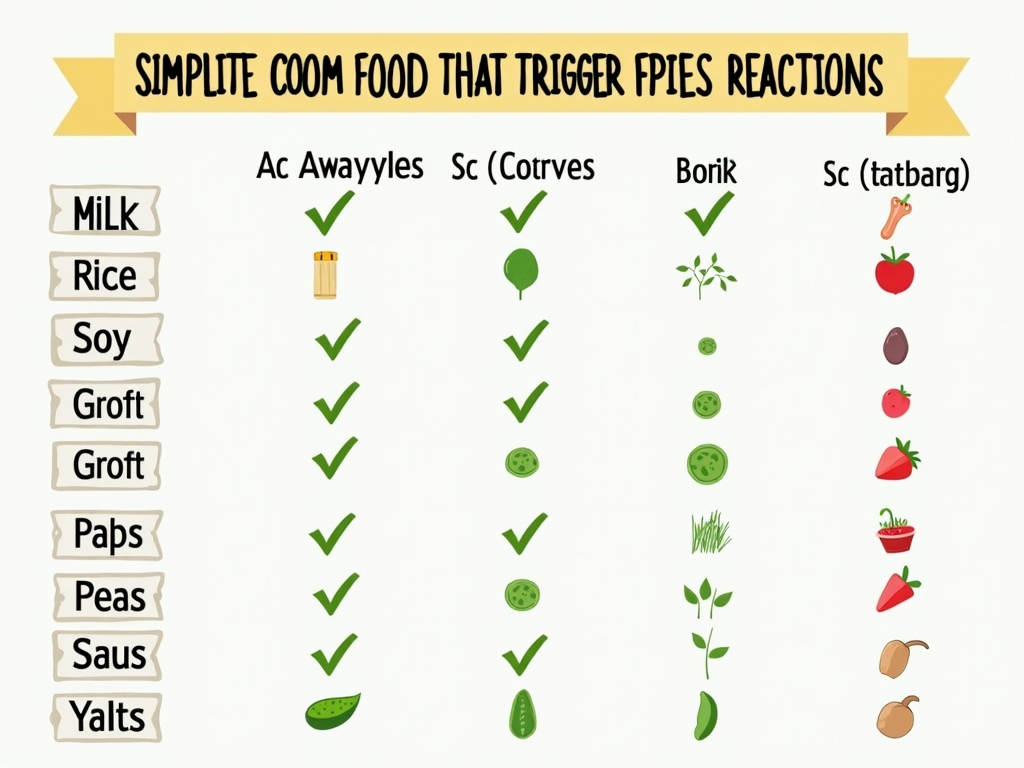Understanding FPIES: A Guide for Patients and Families
Food Protein-Induced Enterocolitis Syndrome (FPIES) is a serious food allergy affecting infants and young children. It can be daunting for families navigating this condition. This article provides an in-depth overview of FPIES, addressing key aspects such as symptoms, diagnosis, management strategies, and resources for support.

What is FPIES?
FPIES is an uncommon but serious food allergy that primarily affects the gastrointestinal tract. Unlike traditional food allergies that trigger immediate reactions, FPIES may cause delayed symptoms several hours after consuming certain foods. Common symptoms include vomiting, diarrhea, and lethargy, often leading to dehydration in severe cases. Foods like dairy, soy, grains, and certain vegetables are common triggers.
Diagnosing FPIES
Diagnosing FPIES can be challenging, as it is not as straightforward as typical food allergies. Specialists typically rely on a combination of medical history, symptom assessment, and sometimes food challenges to confirm diagnosis. If you suspect your child has FPIES, visiting an allergist experienced in this condition is crucial.

Living with Chronic FPIES
Living with chronic FPIES requires vigilance and adaptability. Establishing an emergency action plan is essential for families. This plan should include clear steps to take in case of an accidental exposure, what symptoms to monitor, and when to seek medical help. It's helpful for families to keep a detailed food diary to track safe and unsafe foods.
Managing FPIES: Practical Tips
- Read Food Labels Diligently: Always check for ingredients that may not be obvious allergens.
- Communicate with Caregivers: Make sure anyone caring for your child understands their dietary restrictions.
- Educate Family and Friends: Provide resources about FPIES to those around you.
- Join Support Groups: Connecting with other families can provide invaluable emotional support and practical advice.

Emotional Impact of FPIES
The emotional toll that managing FPIES can take on families is often overlooked. Feelings of isolation and anxiety are common. It’s important to acknowledge these feelings and seek support, whether through therapy, supportive communities, or peer connections. Remember, you are not alone—many families share similar experiences.
Support Resources
- FPIES Foundation: A leading organization offering resources and support for families.
- Food Allergy Research & Education (FARE): Provides a wealth of information on food allergies.
- American Academy of Allergy, Asthma, and Immunology (AAAAI): Offers professional guidance on allergies, including FPIES.

Looking to the Future
There is ongoing research into FPIES that may lead to better diagnostic tools and treatments. While the journey may seem overwhelming at times, many children outgrow FPIES, which offers hope for families navigating this condition.
Summary
Understanding FPIES is crucial for families affected by this condition. By educating yourself about symptoms, seeking proper diagnosis, and utilizing available resources, you can manage this condition effectively. Remember to reach out for support and connect with others on the same journey.
Read More
- Coping Strategies for Families Facing FPIES
- Latest Research in Food Allergy Treatments
- Understanding Food Allergies: A Comprehensive Overview
- Managing Dietary Needs for Children with Food Allergies
- Community Support for Families with FPIES
Discuss Here